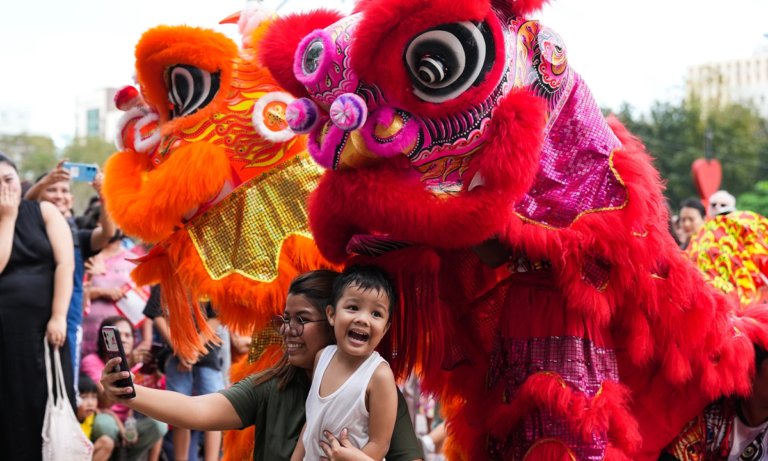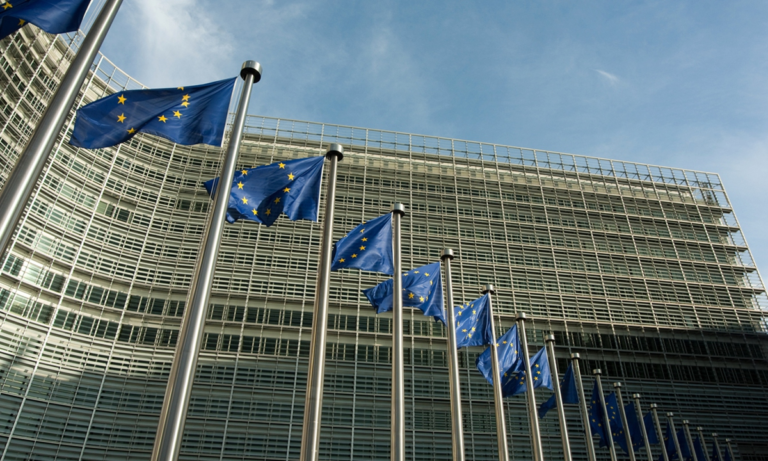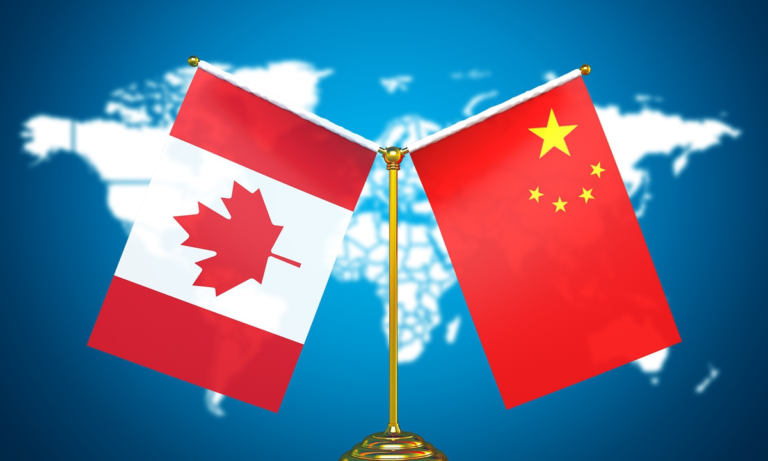
Europe urgently needs to rearm. Russia’s invasion of Ukraine, and the broader threat that President Vladimir Putin’s regime poses to Europe, requires nothing less. US President Donald Trump’s administration has also now made clear that neither Ukraine nor the United States’ NATO allies can count on continued US support. Perhaps this particularly brutal wake-up call will finally jolt European governments out of their complacency.
If so, the big question is how to finance the requisite increase in military investment at a time when Europe’s economies are weak, public finances are stretched and many voters are loath to accept cuts to other government spending. The scale of the challenge is indeed daunting. Russia’s economy is on a war footing, its army is battle-hardened, and it has a huge stockpile of nuclear weapons. Even though Europe’s economy dwarfs Russia’s, a recent report by the International Institute for Strategic Studies estimates that, after adjusting for purchasing power, Russia’s military expenditure last year (US$462 billion) was higher than Europe’s (US$457 billion).
Europe’s big powers have struggled to meet NATO’s previously agreed peacetime target of spending at least 2 percent of GDP on defence. France and Germany managed barely more than that last year, while Britain reached 2.3 percent of GDP. These figures are woefully inadequate for an age when war has returned to the continent and Europe must provide for its own security.
Trump wants NATO’s European members to raise their defence spending to 5 percent of GDP, while NATO Secretary General Mark Rutte acknowledges the need for ‘considerably more than 3 percent.’ Poland has already upped its military spending to over 4 percent of GDP, with the aim of reaching 5 percent, and other frontline states such as Estonia and Lithuania are not far behind it. Now the rest of Europe must follow suit.
But how should they finance the effort? With European economies stagnant and many Europeans struggling, governments are not keen to raise taxes or slash welfare spending. While such measures may ultimately be necessary nonetheless, the politically obvious solution for now is to borrow. This would make economic sense, too, since higher defence spending is, in fact, an investment in Europe’s future.
True, high government debts, EU fiscal rules, and domestic political constraints make increased borrowing tricky for many countries. But there are at least three options for mitigating these factors. The first is to exclude investment in defence from the bloc’s fiscal rules, which broadly limit government borrowing to 3 percent of GDP. Last year, the European Commission launched an ‘excessive deficit procedure’ against Poland, which rightly argued that its increased borrowing was necessary to protect the country—and the rest of Europe—from the heightened Russian threat.
Fortunately, European Commission President Ursula von der Leyen seems to have come around to the Polish position. She is proposing to activate the Stability and Growth Pact’s escape clause (which allows higher borrowing during crises) to permit increased defence investment. While Germany and other fiscally frugal countries have previously objected to granting such additional flexibility, that may change after the German elections on 23 February, given the country’s belated awareness of its vulnerability.
Since Germany itself has low public debt and a small budget deficit, EU fiscal rules would not prevent it from borrowing more to upgrade its feeble defences. But it is shackled by its own constitutional debt brake, which then-chancellor Angela Merkel introduced in 2009, and which the country’s powerful constitutional court aggressively enforces. Again, though, there could be greater openness to amending this measure after the election.
Fiscal rules are not the only constraint, however; so, too, are bond markets. France’s public debt already exceeds 110 percent of GDP, and its minority government has struggled to pass a budget that would trim its bulging budget deficit (6.1 percent of GDP). The country’s precarious political situation has further increased the premium that it must pay relative to German debt. Indeed, the interest rate on French debt briefly exceeded that of Greece last year.
A second option, then, is for European governments to borrow collectively to finance a one-off investment in defence capacity, as French President Emmanuel Macron has suggested. There is a precedent for this: the European Union’s €750 billion (US$782 billion) Covid-19 recovery fund. Another round of joint borrowing to the tune of €500 billion (3 percent of EU GDP) could amplify member states’ defence spending, help to rationalise European defence procurement, and potentially bolster European defence firms.
The hitch is that Hungarian Prime Minister Viktor Orban is openly pro-Putin, while four other EU countries (Austria, Ireland, Cyprus and Malta) have maintained their official neutrality vis-a-vis Russia. Moreover, fiscally frugal northern European countries have hitherto been reluctant to sanction further EU borrowing.
One potential workaround is for a coalition of willing governments to set up a special purpose vehicle separate from the EU, which could issue joint bonds backed by guarantees from participating governments. This would not only bypass recalcitrant EU members; it would also allow for participation by non-EU defence partners such as Norway and Britain. The relatively new British Labour government might find this especially attractive, given its own domestic fiscal constraints.
Finally, the third option is to expand the scope of European Investment Bank lending. While the EIB can already finance dual-use (civilian/military) projects, such as those producing drones and satellites, 19 EU governments recently suggested that it should also be permitted to finance wholly military spending, such as investments in tank and ammunition manufacturing.
However it is financed, Europe needs to rearm now. Upping defence spending to avert Ukraine’s defeat and deter broader Russian aggression is much less costly than fighting an all-out war. Otherwise, as Rutte warns, Europeans will need either to learn Russian or to move to New Zealand.





